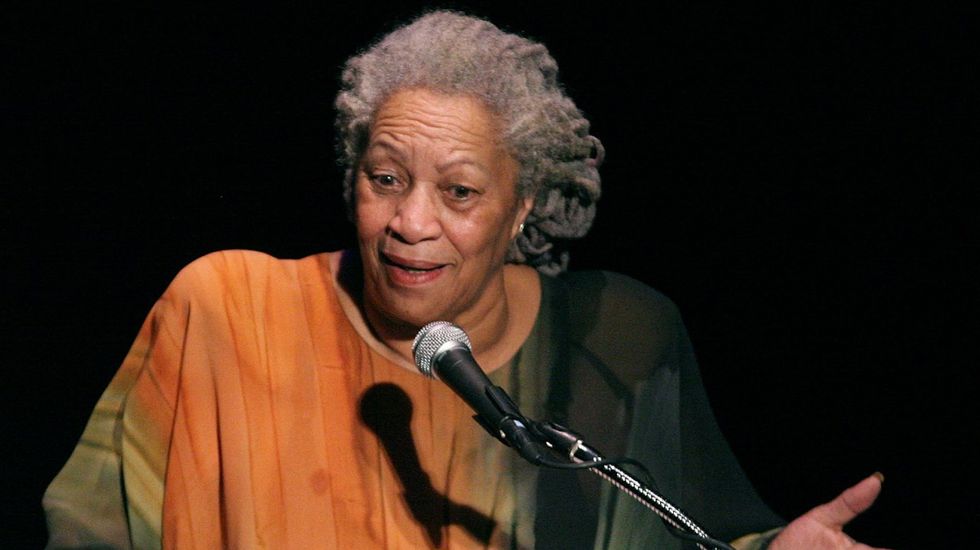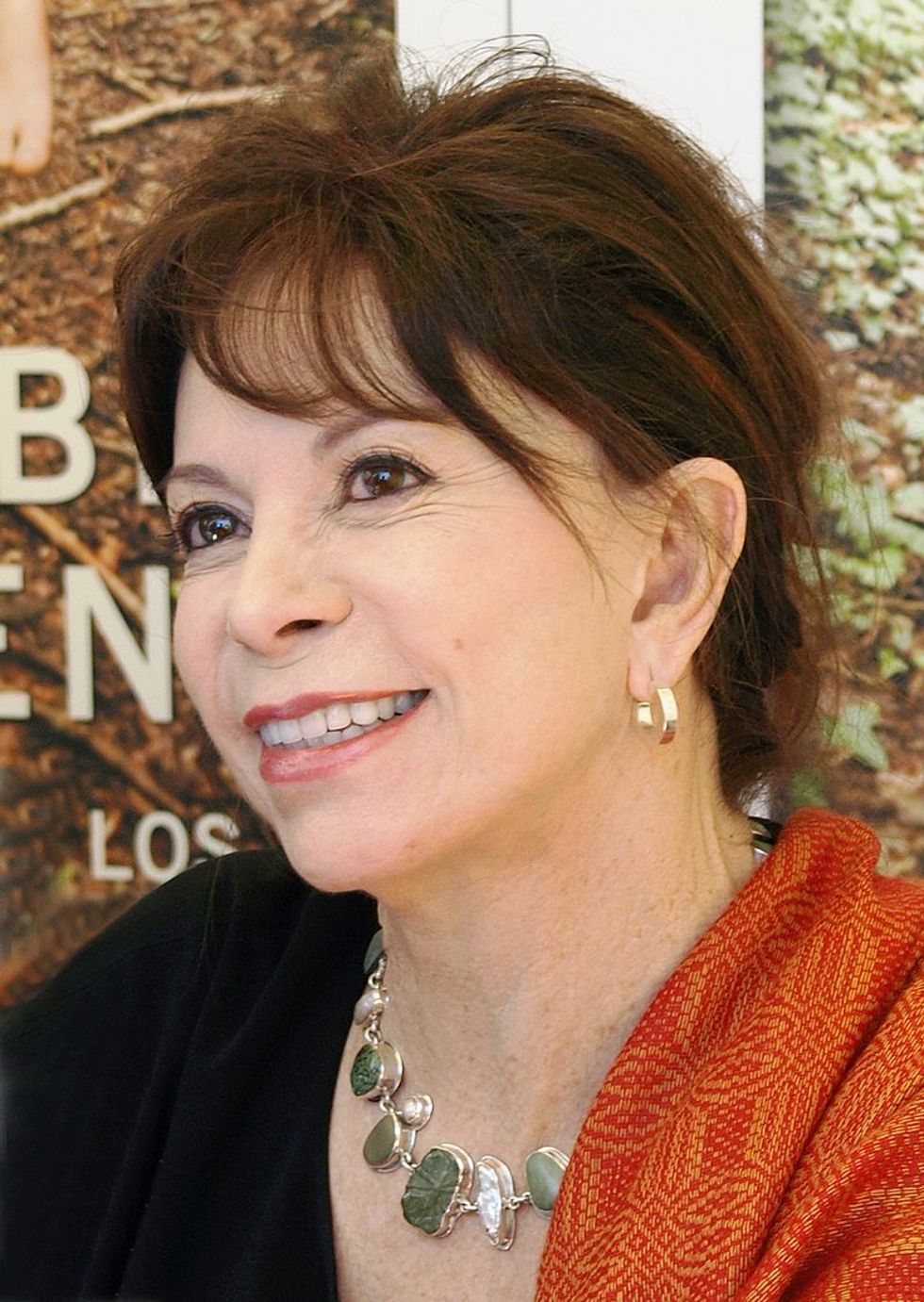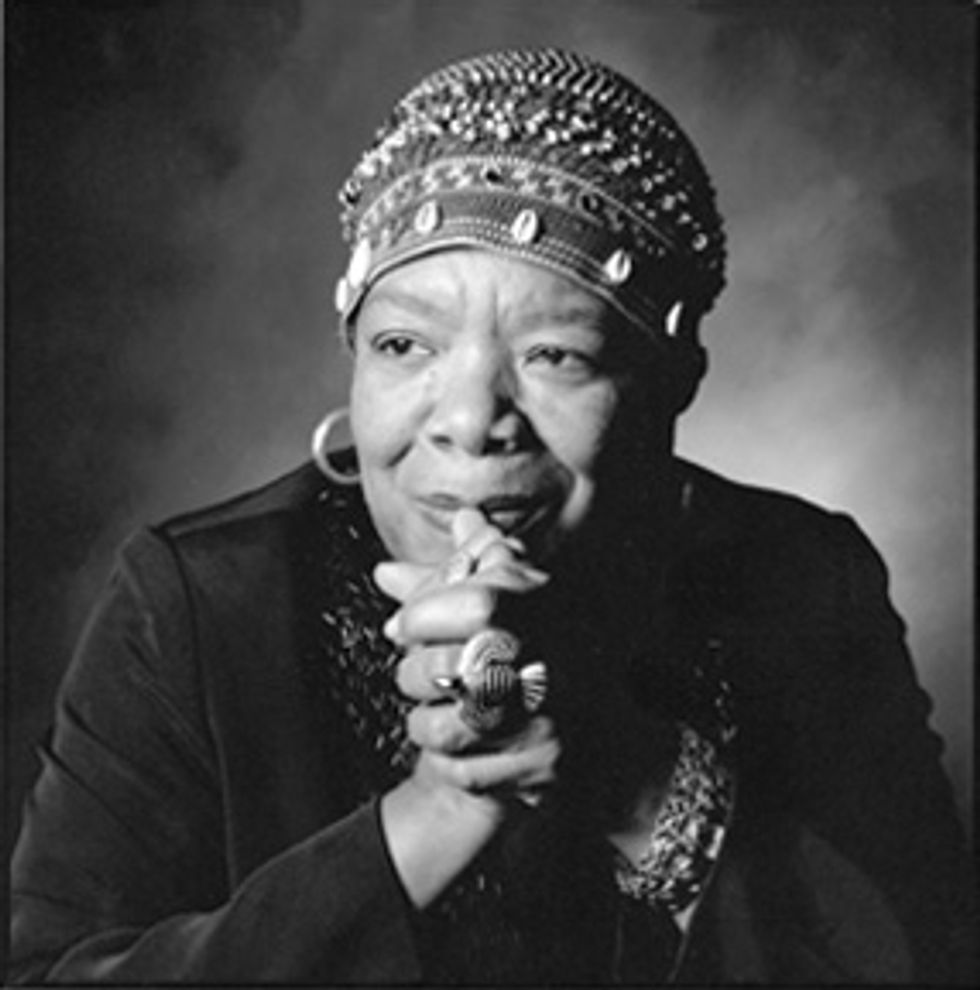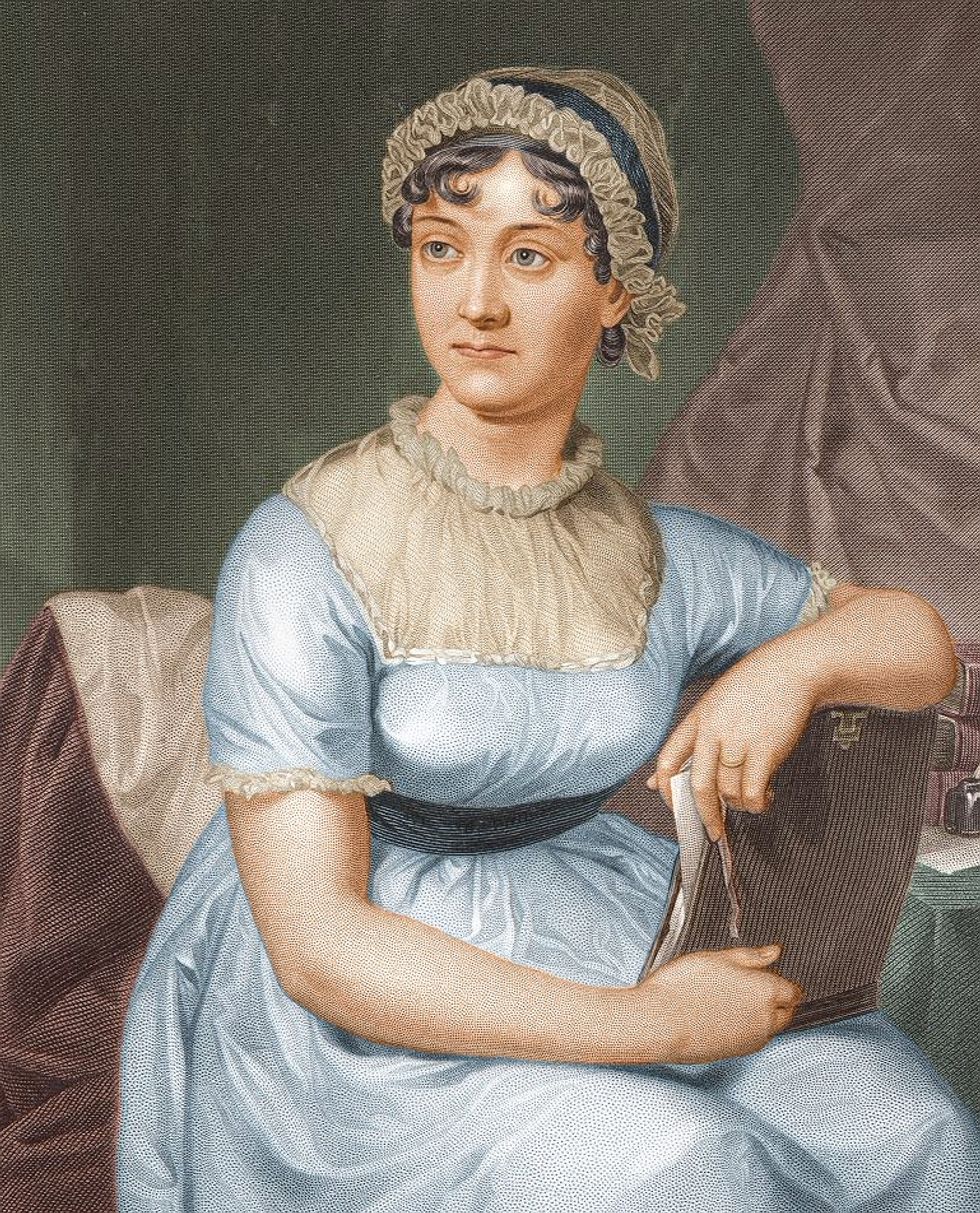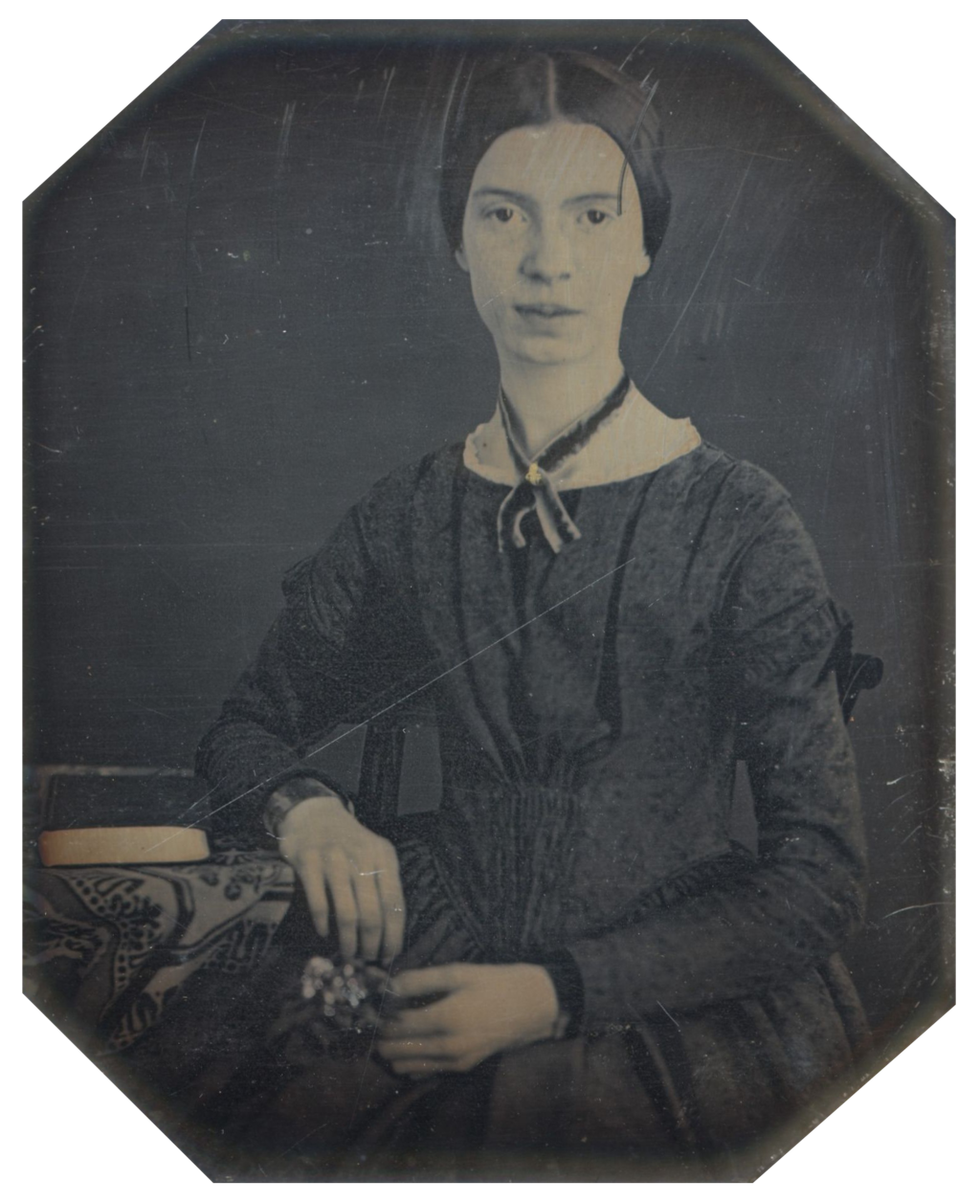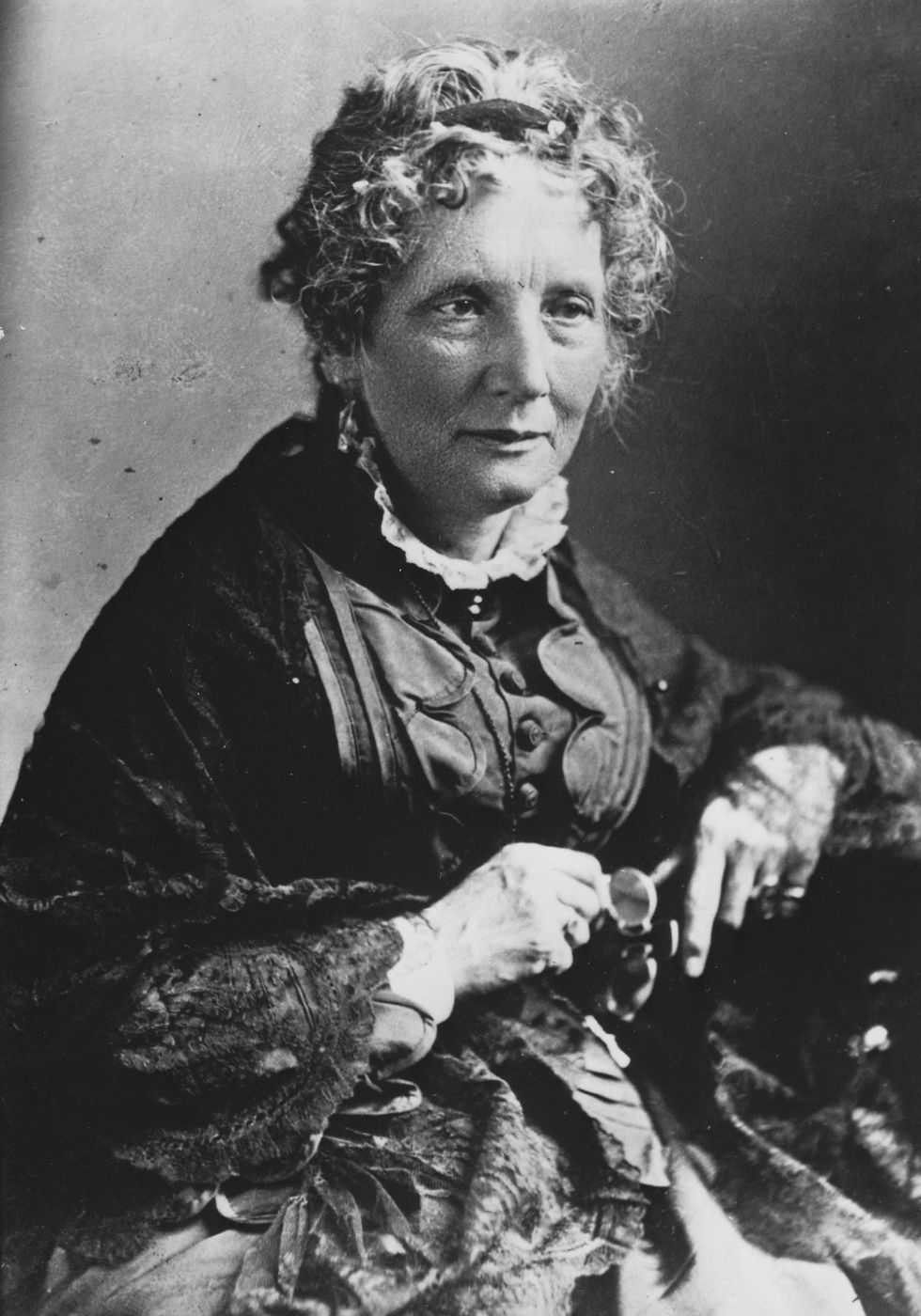Writing is a simple act. Writing something that transcends generations, gender, and time is more complex than most of us can even fathom. Yet, there are countless plays, books, and poems, young and old, that resonate with us, regardless of who we are. The authors of these works were able to transform emotions and events into a narrative that reflected something of ourselves back to us. In some capacity, they tapped into something quintessentially human. Through them, we see ourselves.
For centuries, this honor was only offered to men. Nevertheless, we persisted.
1. Toni Morrison
Award-winning novelist, professor, and essayist, Morrison is an essential figure in American Literature. Known for her works like "Beloved" and "Song of Solomon," she writes largely about the female African-American experience.
2. Isabel Allende
Allende is a Chilean author known for her magical-realism novel "La Casa de los Espíritus (The House of the Spirits)." Allende has been called the most widely read Spanish language author ever. Her work has been translated into over 37 languages and remains well read.
3. J.K. Rowling
Who doesn't love "Harry Potter"? Rowling's idea for the best-selling series ever was conceived in a pub and scribbled on a napkin. After many rejections from publishers later, the "Harry Potter" series sold over 400 million copies. The series is universally adored and inspired the famous movie series.
4. Harper Lee
Lee's "To Kill a Mockingbird"is an American classic; few students have not encountered this novel. The story addresses the mistreatment of African-Americans in the south pre-Civil Rights. The book presented a stark reality to the American public and remains an important portal into the past.
5. Anne Frank
An accidental author, Frank's diary from during the Holocaust has allowed the rest of the world a glimpse into her life. "The Diary of Anne Frank" was published by her father after her death during WWII. The largely unedited text allows us to see through the eyes of a young Jewish girl who is simultaneously coming of age and experiencing one of the greatest tragedies in history.
6. Maya Angelou
Poet, author, and activist, Angelou was a phenomenal woman. Her works deal largely with racism and identity. She worked alongside Malcolm X and Martin Luther King Jr. during the Civil Rights movement and received the Presidential Medal of Freedom in addition to 50 other honorary awards. "I Know Why the Caged Bird Sings"is one of her most notable works.
7. Jane Austen
It would be hard to create a list about influential female authors that does not include Jane Austen. Her work critiqued polite society at the time. Austen's novels explore societal expectations for women's dependence on men in most areas of their lives. Her work remains popular and her novels have been made into multiple films and shows.
8. Audre Lorde
Lorde was an author, poet, feminist, and activist. Her work is greatly influential on modern feminist theory. She developed the theory she called "collective identity." The theory is now known as intersectionality. Lorde's work explored her own identity, Civil Rights issues, and feminism.
9. Emily Dickinson
Perhaps one of the most well-known poets today, Dickinson's work was not recognized during her life. As a famous recluse, most of her poetry was found in her room after her death. Her work was revolutionary at the time, using slant-rhyme and short lines. Although she died in 1886, it wasn't until 1955 that an unaltered version of her poetry was published.
10. Harriet Beecher Stowe
Stowe's book "Uncle Tom's Cabin"is perhaps one of the most influential novels ever. Known as the book that started the Civil War, the novel depicts the harsh conditions that slaves were forced to live under. "Uncle Tom's Cabin"was originally subtitled "The Man That Was A Thing." The book was widely read and enraged abolitionists across the U.S. and England.

